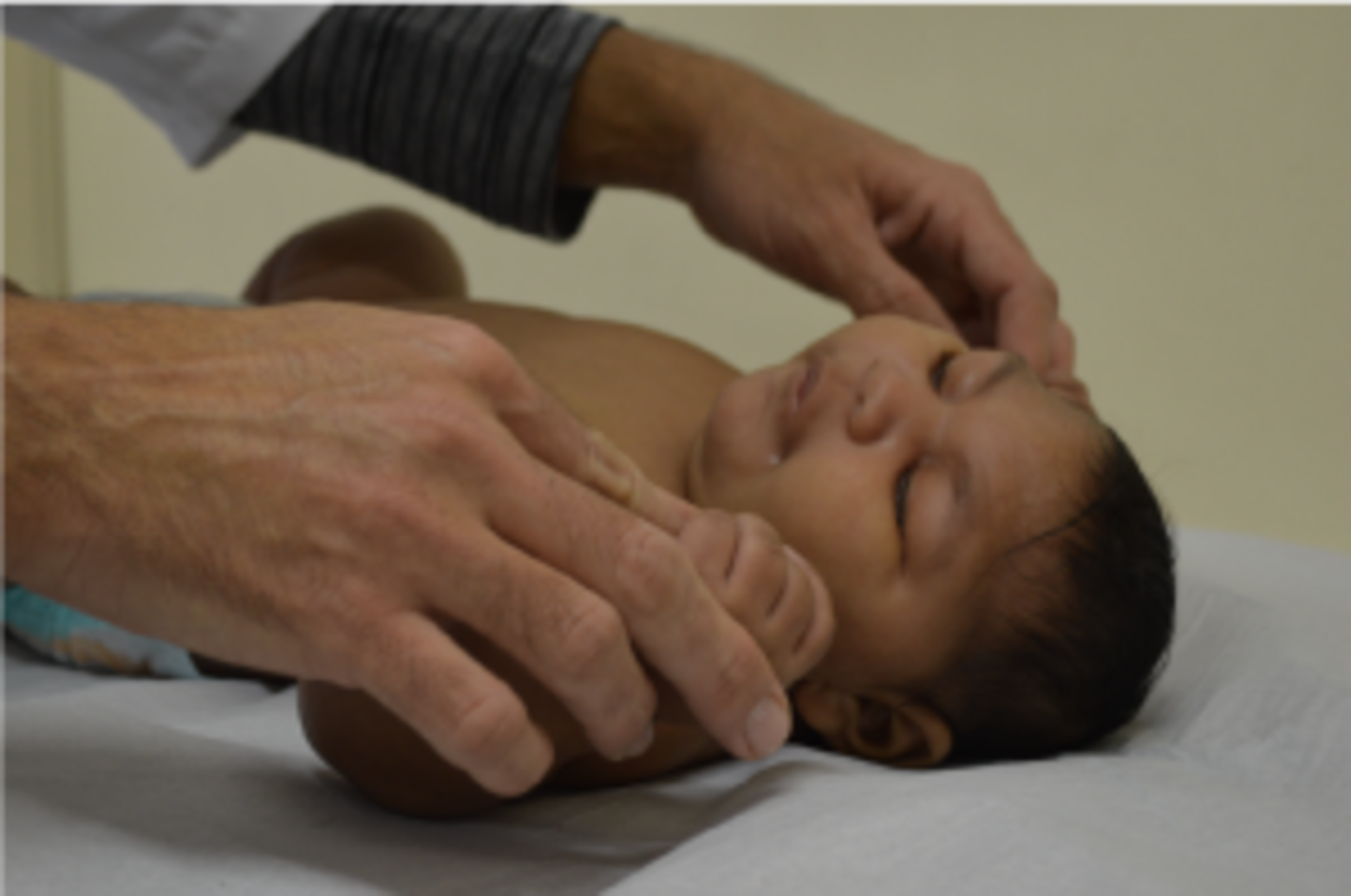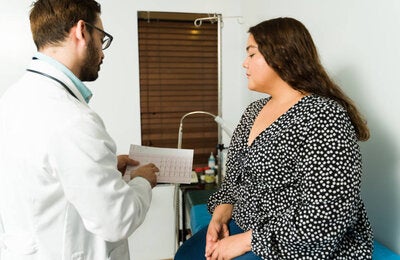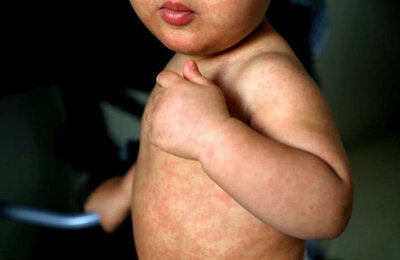
Many Birth Defects, one voice was the title of the webinar held on 12th March to commemorate the World Birth Defects Day. The bilingual meeting organized by the Latin American Center of Perinatology, Women and Reproductive Health (CLAP/WR) gathered more than 100 people, including representatives of Ministries of Health of the Region and institutions working on Birth Defects not only in the countries, but also at a regional and global level.
At the opening, Dr. Jarbas Barbosa, Associate Director of PAHO/WHO, welcomed the participants and encouraged "national authorities, agencies of the United Nations system, international organizations, scientific and academic societies, health teams and civil society organizations" to commit to this issue.
After the opening remarks, Dr. Amparo Gordillo-Tobar of the World Bank referred to the economic impact of the Zika virus in Latin America and the Caribbean. In this regard, Gordillo pointed out that the costs affect mainly "low-income families, because there is where mosquitoes breed, in this population there is no knowledge of Zika, of the precautions to take or how to treat symptoms”.
Likewise, Dr. Pablo Durán, Regional Advisor in Neonatal Health at CLAP/WR, who made a presentation on behalf of Dr. Andrés De Francisco, Director of the Department of the Family, Health Promotion and Life Course (FPL), emphasized the morbidity and mortality burden due to birth defects, whom consequences are relevant not only from a cost perspective but also from an epidemiological point of view.
Dr. Durán said that birth defect surveillance is important to assess "disease burden, plan evidence-based actions, observe trends and response to specific interventions, and have data to warn of changes in trends”.
The data are conclusive: more than 50% of under-five mortality occurs in the neonatal period. In turn, the causes of death have changed, and congenital defects are presented as one of the main factors of morbidity and mortality.
Dr. Salimah Walani, of March of Dimes was also present among the speakers. Dr. Walani referred to A consensus statement on birth defects surveillance, prevention, and care in Latin America and the Caribbean, recently published in the PAHO journal. The Consensus is a call to action, which urges the actors involved to implement nine key points, highlighted in the document. According to Dr. Walani, "the social cost of birth defects is too high; it is a problem of dignity and human respect. We cannot afford to do nothing about it”.
Finally, Dr. Bertha Pooley spoke on behalf of The Latin America and Caribbean (LAC) Neonatal Alliance noting the importance of urgent action: "If we do not accelerate interventions, it will take the region 30 years to reach the levels of neonatal survival that developed countries currently have. We are lagging historically, and we must be very efficient to reach the goal set in the Sustainable Development Goals.



